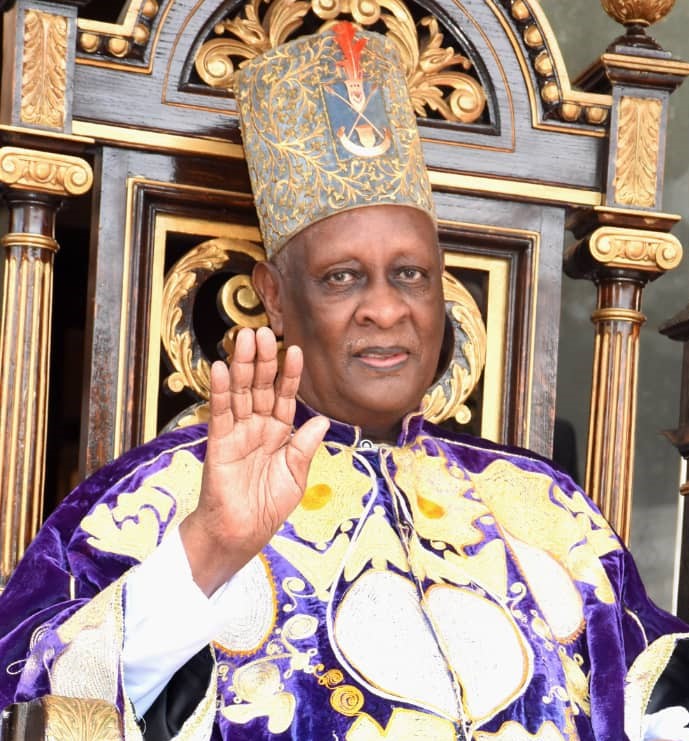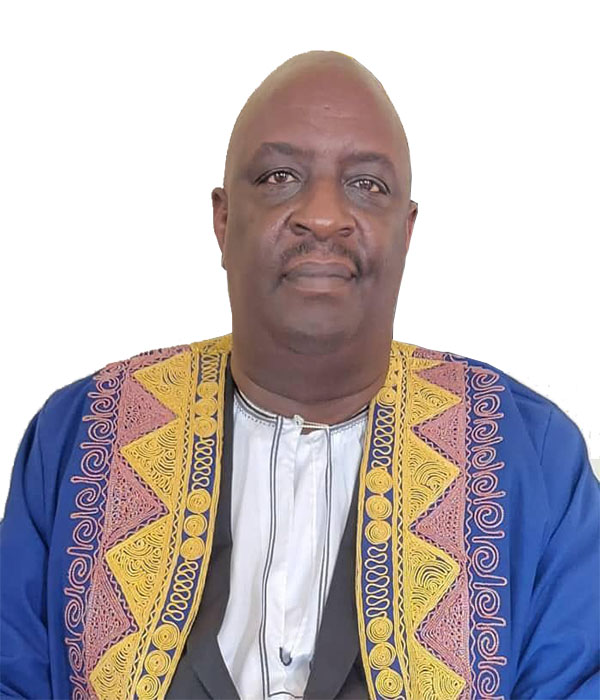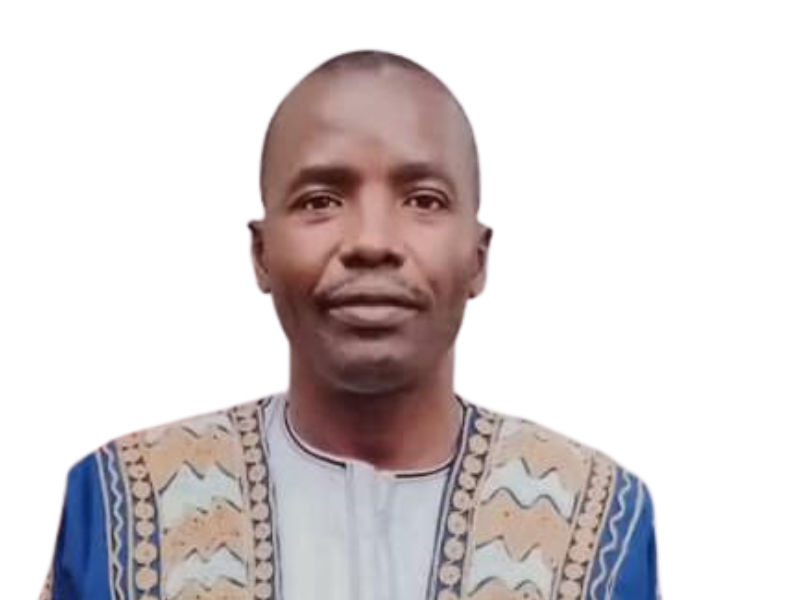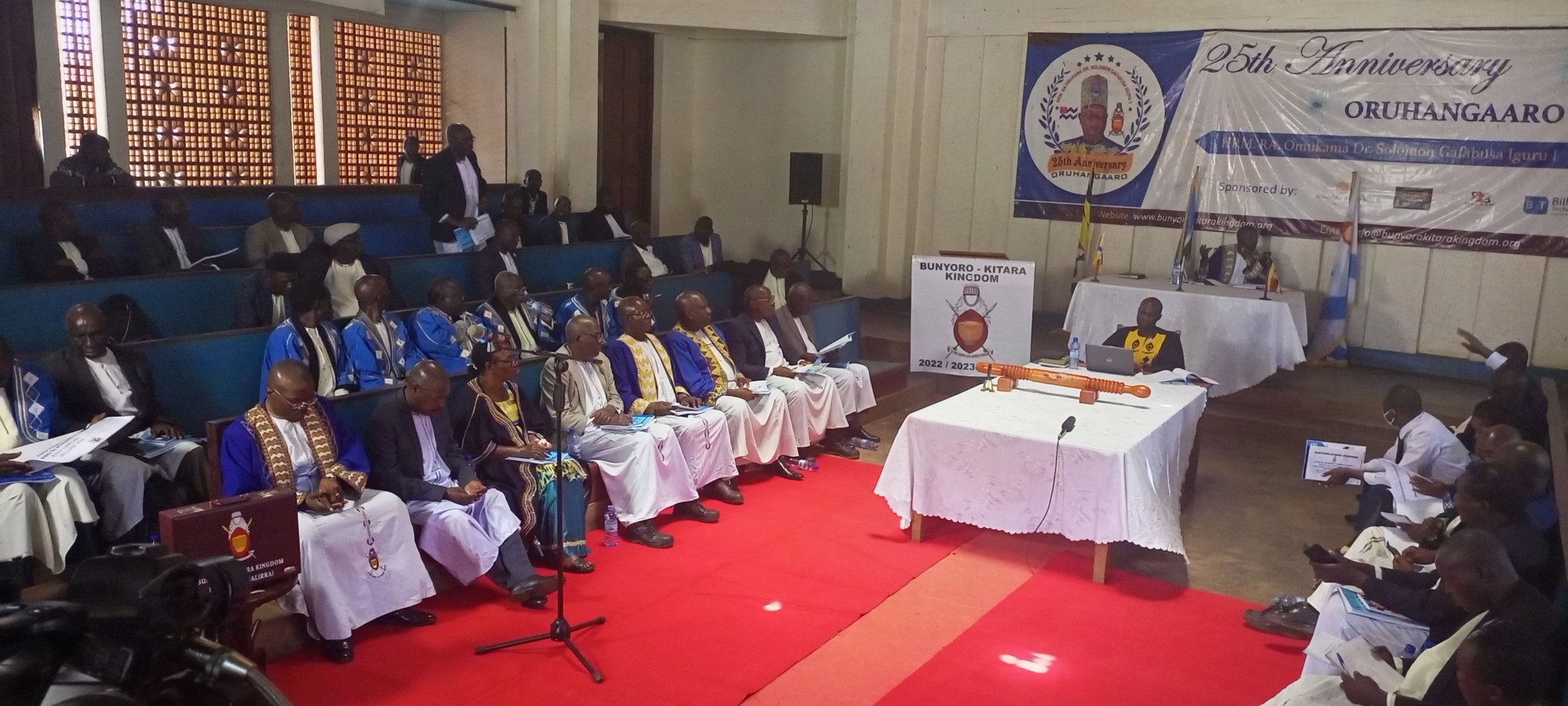- April 24, 2018
- Posted by: Communications
- Categories: Omukama Kabalega, Our History

The battle of Kangaho January 1886, battle of Musaija Mukuru hill, the battle of River Wambabya, the battle of Bakumira hill 1894, the Casati and Wakibi Expedition 1886-88, the Chope Expedition, the battle of Balihungiraha Dec. 1893
THE BATTLE OF BALIGOTA ISANSA 1872 SHOW DOWN (Kabalega’s reign series… Part 1)
By 1871 Sir Samuel Baker-Muleju, had arrived in Gondokoro (Rejaf) from Khartoum. Later he moved to the borders of Kitara where he established stations at Fatiko and Foweira on behalf of the government of Egypt for the expressed purpose of fighting the slave traders. When eventually these slave stations were closed, the hated slave traders, Suleiman and Eddriss with about sixty of their soldiers, were absorbed into the Egyptian soldiers led by Baker. The new recruits were regarded as irregulars and these were among the soldiers Baker led into Kitara. It was the activities of these slave traders in Bakers army that caused the first open breach between Kabalega and Baker.
When Baker reached Kitara on 5th April 1872, all his two hundred porters deserted him because of the ill treatment meted out to them by these slavers now turned soldiers. Baker therefore tried to find replacements by sending Abdul Kader, a captain in his army, back to Payira to get other porters. But his mission was unsuccessful because the Ganyi (Acholi) people ran away on seeing Abdul Kader. The captain therefore captured Kabalega’s chiefs Katikara and Matosa, as well as some others, tied them with ropes and brought them to baker at Kisuna. But Ruhonko son of Bukya and Saza chief of Bugangaizi eluded the capture. The captured chiefs were however released by Baker
When Baker arrived in Kitara he had also 200 soldiers with him. He was met by Kabalega’s Chiefs. These are their names Rukara son of Itegeira, Kwanga son of Byamaka, Matosa and Pitya
On 25th April, Baker met the Omukama Kabalega in Masindi. Bakers soldiers pitched their camp close to the palace with an area covers forty acres, this is the area where the Uganda Railways former offices are located in Kijura Masindi, Baker tried to explain to the King that he was the representative of the Kingdom of Egypt. He also drew the King’s attention to the evils caused by the slave trade and slave traders. He restored to the King the slaves he had managed to free from Abboud, the Arab slave trader, while he (Baker) was on his way to Kitara ( here baker was trying calculate on how to bring Kabalega closure to himself so that he can clinch his deals of annexing Kitara well) . At this time (1872) Kabalega was a young King in his early twenties and was therefore in experienced and had in fact not completed the long drawn ceremonies connected with the Kingship but how ever Kabalega had a spy by the names of Kitwe Omuporopyo who was his ambassador to Egypt, Kitwe had furnished Omukama Kabalega with all the intention of Bakers coming to Kitara (to annex Kitara to Egypt)
On 29th April 1872, Baker started erecting his government headquarters in Masindi in apparent preparation to annex Kitara to Egypt. He chose Chief Mbogo as his interpreter because of his fluency in Arabic and the People of Kitara were hurt by Bakers presumption and impertinence. More over, they resented the fact that Baker appeared determined to achieve his aims by force and not through treaties made between him and Kabalega nor did he bother to seek the advice of Kabalega and his chiefs or to explain his actions.
Eventually, on 14th May 1872 Baker publicly annexed Kitara to Egypt for legalistic and propagandist purposes, he conducted the whole thing ceremoniously and in style, Now puzzled by Bakers actions, Kabalega made him a present of twelve goats to entertain his people simply to appease him as he hatched a touch plan B on how to get rid of him
Meanwhile Baker had been carrying on an illegal trade in ivory and was known to be cheating his customers, previously the king had been the sole dealer in ivory because he did not want his subjects to be cheated by crafty foreigners. It was decreed therefore that everyone should see his ivories to the king, who in turn sold them to the foreigners. In this way Kabalega maintained a monopoly over the ivory trade and thus prevented his subjects from being cheated. But now Baker was buying and selling ivory without the King’s consent and on his part Kabalega resented his Monopoly of the ivory trade because he saw the King as a barrier which prevented him from cheating the people
HOW TROUBLE STARTED
One day on the 31st May 1872 four of Bakers soldier had gone out to attend a traditional dance function when they heard the sound of the drums coming furiously from the King’s Palace, They also noticed that people had gathered around the palace in no time they quickly informed Baker. As soon as Baker heard the news he summoned his soldiers and ordered them to surround the Palace. He then marched into the midst of the crown, but Chiefs Ruhonko, Katikara and Matosa assured him that nothing serious had happened, that everything was alright and that he had no cause to be afraid, but Baker made ignored the chief reports and ordered the 600 men in attendance to sit down this was a contemptuous thing he had done it’s only the King or Kings commanders who could order the Kings subjects to sit down not mere visitors like Baker. Baker was so scared at how 600 people could assemble on hearing the sounding of the drum called “Kaijwire”
Another cause of disruption in the good relations between Kabalega and Baker was the latter’s action in forcing the chiefs to feed his soldiers every day, this is particularly important when it is remembered that these very soldiers were ill treating the Kings subjects. On 7th June 1872 Baker sent Abdul Kader and Mounsuru to the King to him to send food to his soldiers. But surely there was no food available to send to them. Chief Matosa how ever gave them five pots of beer and promised to send millet after wards, but Baker refused to accept the beer and sent back the pots to the Chief. In the evening Matosa sent him 7 pots of beer and 2 bundles of millet and promised to send him more later, Matosa at this juncture was tired of the ruthless ill treatment manner of Baker (Akajwogo) therefore he mixed a little poison to get rid of these people. Baker distributed the beer among his soldiers who drunk it and developed running stomach Baker gave them medicine and they vomited the beer
WAR SWITCHED ON
On 8th June 1872 Baker seized his interpreter Mbogo whom he had chosen because of his fluency in Arabic language, he also seized another chief and tied them together, he dispatched off a message to Chief Matosa asking him to come and see the trouble that the beer he had sent had caused to his soldiers but immediately Baker went to Matosa’s house and a tough quarrel ensued and amidst the conflict one of the Bakers soldiers was hit by a door frame at this juncture Baker found a great opportunity to launch war on Kabalega, a war trumpet was sounded and war broke out in the one day battle sergeant Mounsu was killed but Baker succeeded in burning the Kings palace completely .
In the evening Kabalega escaped to Kibwona Masindi. Now Chief Katikara in abid to broker a deal to ceasefire the tensions he moved approximately 300 yards close to Bakers troops and shouted “Omukama Chwa 11 Kabalega is free of any blame. He has done no wrong, the beer in question was not sent by him but came from Matosa. However, Matosa has run away, but we shall do our best to capture him and when we do so we shall hand him over to you” Baker ignore these words and still kept chief Mbogo prisoner and later executed him in cold blood
On 9th June 1872, Omukama Kabalega sent another message to Baker assuring him of his innocence in connection with the beer incidence and suggested that guild be shifted to Chief Matosa, he also sent him presents to assuage his anger. But on the 11th June 1872 Kabalega’s subjects fed up by the way Bakers soldiers had been treating them took the law into their hands and burnt down Baker soldiers houses. This was done with out the knowledge of the King. But on the 13th of fighting resumed and Kabalega was forced to Bulyango in Hoima a village next to Masindi District currently, Bakers soldiers burnt down the common person’s houses which were near the Palace and around the Kihande Hill area in Masindi. On the 14th Kabalega’s army re grouped and counter attacked again and this time Baker was pressed hard and gave up fighting and managed to retreat to Chope
From here Baker crossed the Nile near Ruyonga’s Island and proceeded to Fatiko where he built a military station garrisoned by Egyptian soldiers before returning to Sudan. In the meantime, Kabalega’s soldiers were waiting in readiness at Masindi to meet Baker’s counterattack. But when nothing happened after two days, some brave soldiers forced their way into the enemy’s camps but found all of them deserted. It was from this incident that the following proverb was born “Ekya Muleju Baligota Isansa ( Those who want to fight Baker will fight grass)
Ebya Sir Samuel Baker aka “Muleju” nikwo bya genzire bityo



